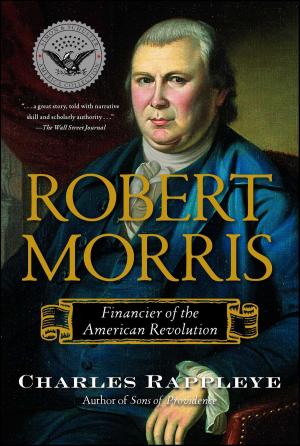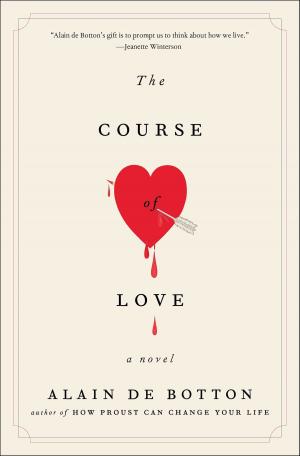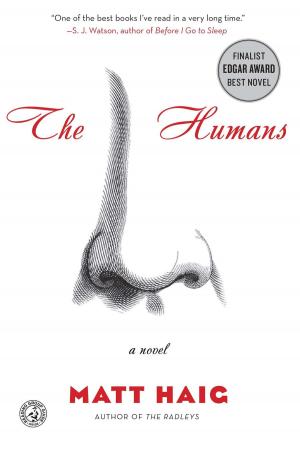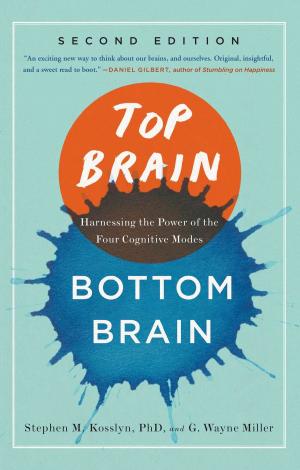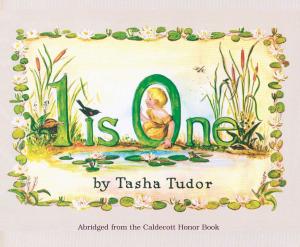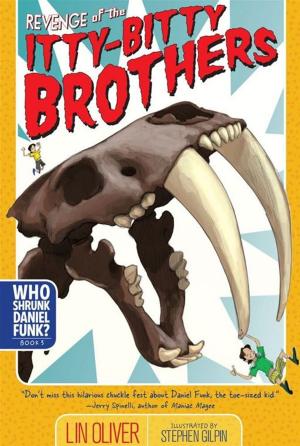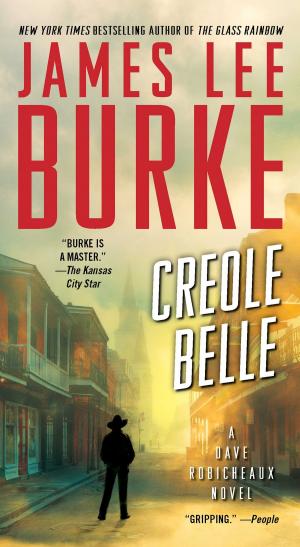| Author: | James Chace | ISBN: | 9780684864822 |
| Publisher: | Simon & Schuster | Publication: | June 30, 2008 |
| Imprint: | Simon & Schuster | Language: | English |
| Author: | James Chace |
| ISBN: | 9780684864822 |
| Publisher: | Simon & Schuster |
| Publication: | June 30, 2008 |
| Imprint: | Simon & Schuster |
| Language: | English |
Acheson is the first complete biography of the most important and controversial secretary of state of the twentieth century. More than any other of the renowned "Wise Men" who together proposed our vision of the world in the aftermath of World War II, Dean Acheson was the quintessential man of action.
Drawing on Acheson family diaries and letters as well as recent revelations from Russian and Chinese archives, historian James Chace traces Acheson's remarkable life, from his days as a schoolboy at Groton and his carefree life at Yale to his work for President Franklin Roosevelt on international financial policy and his unique partnership with President Truman.
Acheson was a housemate of Cole Porter's at Harvard Law School, a protégé of Supreme Court justice Felix Frankfurter's, a friend of poet Archibald MacLeish's, a key adviser to General George Marshall, and a confidant of Winston Churchill's. Serving as Truman's secretary of state from 1949 to 1953, he was indeed "present at the creation," as he entitled his memoirs. More than any other of Truman's powerful and glamorous advisers, Acheson conceived the shape of the postwar world and mastered the policies that ensured its birth and endurance. He was the driving force behind the Truman Doctrine to contain the Soviet Union's expansionist ambitions; the Marshall Plan to rebuild the shattered economies of Europe; and NATO, the military alliance that would bind Western Europe and the United States and keep the Soviet Union firmly behind the Iron Curtain until it collapsed.
Chace corrects many misconceptions about Acheson's role in the Cold War. Acheson was not one of the original Cold Warriors. In 1945, willing to acknowledge Soviet concerns about its security, Acheson worked closely with Secretary of War Henry Stimson on a plan to share America's scientific information about atomic energy with Moscow in order to avert an arms race. It was only when Moscow made threatening demands on Turkey for bases in the Dardanelles that Acheson hardened his views toward the Soviet Union. Acheson's initial approach toward Communist China was similarly nonideological. He had little sympathy for Chiang Kai-shek's Nationalists on Taiwan and, until the outbreak of the Korean War, held out hope that the United States would soon recognize Mao Zedong's regime as the legitimate government of China. Acheson's early pragmatism toward Moscow and Beijing, and his refusal to denounce Alger Hiss, a State Department colleague accused of being a Communist, earned him the enmity of the McCarthyites, who accused Acheson of having "lost" China and of sabotaging General Douglas MacArthur in Korea.
Later, Acheson encouraged President Kennedy to stand firm against the Soviets in the Berlin Wall and Cuban missile crises. He headed a group of elder statesmen who advised President Johnson on the Vietnam War. When Acheson turned against the war, Johnson realized that domestic support for his policy had crumbled.
Acheson is a masterful biography of a great statesman whose policies won the Cold War. It is also an important and dramatic work of history chronicling the momentous decisions, events, and fascinating personalities of the most critical decades of the American Century.
Acheson is the first complete biography of the most important and controversial secretary of state of the twentieth century. More than any other of the renowned "Wise Men" who together proposed our vision of the world in the aftermath of World War II, Dean Acheson was the quintessential man of action.
Drawing on Acheson family diaries and letters as well as recent revelations from Russian and Chinese archives, historian James Chace traces Acheson's remarkable life, from his days as a schoolboy at Groton and his carefree life at Yale to his work for President Franklin Roosevelt on international financial policy and his unique partnership with President Truman.
Acheson was a housemate of Cole Porter's at Harvard Law School, a protégé of Supreme Court justice Felix Frankfurter's, a friend of poet Archibald MacLeish's, a key adviser to General George Marshall, and a confidant of Winston Churchill's. Serving as Truman's secretary of state from 1949 to 1953, he was indeed "present at the creation," as he entitled his memoirs. More than any other of Truman's powerful and glamorous advisers, Acheson conceived the shape of the postwar world and mastered the policies that ensured its birth and endurance. He was the driving force behind the Truman Doctrine to contain the Soviet Union's expansionist ambitions; the Marshall Plan to rebuild the shattered economies of Europe; and NATO, the military alliance that would bind Western Europe and the United States and keep the Soviet Union firmly behind the Iron Curtain until it collapsed.
Chace corrects many misconceptions about Acheson's role in the Cold War. Acheson was not one of the original Cold Warriors. In 1945, willing to acknowledge Soviet concerns about its security, Acheson worked closely with Secretary of War Henry Stimson on a plan to share America's scientific information about atomic energy with Moscow in order to avert an arms race. It was only when Moscow made threatening demands on Turkey for bases in the Dardanelles that Acheson hardened his views toward the Soviet Union. Acheson's initial approach toward Communist China was similarly nonideological. He had little sympathy for Chiang Kai-shek's Nationalists on Taiwan and, until the outbreak of the Korean War, held out hope that the United States would soon recognize Mao Zedong's regime as the legitimate government of China. Acheson's early pragmatism toward Moscow and Beijing, and his refusal to denounce Alger Hiss, a State Department colleague accused of being a Communist, earned him the enmity of the McCarthyites, who accused Acheson of having "lost" China and of sabotaging General Douglas MacArthur in Korea.
Later, Acheson encouraged President Kennedy to stand firm against the Soviets in the Berlin Wall and Cuban missile crises. He headed a group of elder statesmen who advised President Johnson on the Vietnam War. When Acheson turned against the war, Johnson realized that domestic support for his policy had crumbled.
Acheson is a masterful biography of a great statesman whose policies won the Cold War. It is also an important and dramatic work of history chronicling the momentous decisions, events, and fascinating personalities of the most critical decades of the American Century.

